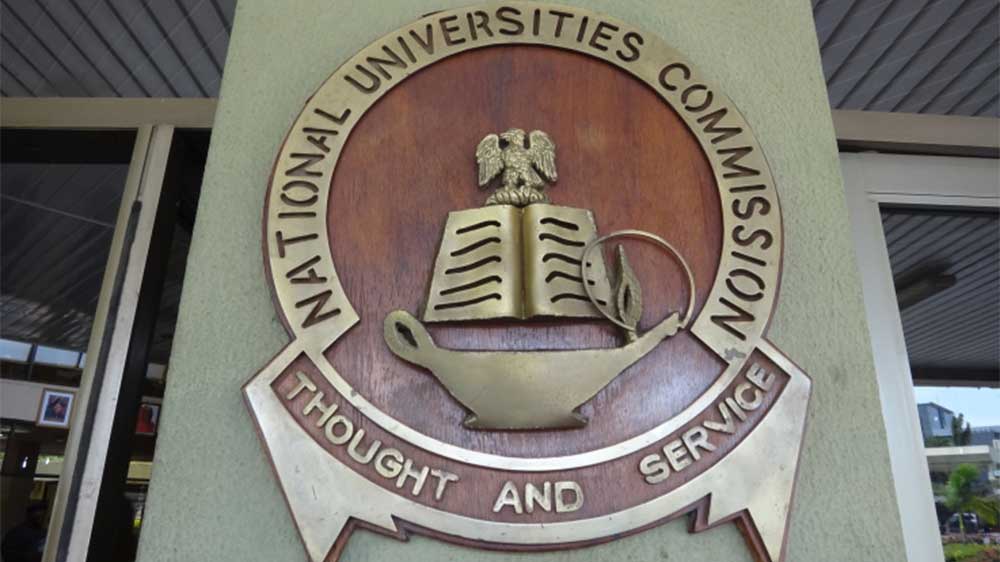 |
| National-Universities-Commission |
The National Universities Commission (NUC) has lamented the several acts of academic corruption in the system, saying plans are on to introduce anti-plagiarism software in the institutions to checkmate academic theft.
Executive Secretary of the commission, Prof. Abubakar Rasheed disclosed this at a workshop on proposed ‘Higher Education Reform and Africa Centre of Excellence-Impact’.
While identifying injustices in the institutions to include delay in release of results, money for marks, sexual harassment as well as delay in release of transcripts, the NUC boss lamented the impact of such acts on the quality of graduates in the country.
“Many of our graduates in art, humanities and social sciences cannot construct sensible sentences in paragraphs, while those in science as well as engineering cannot fit in after a little training into the challenges of the real life of the industries.
Rasheed stated that the ugly development prompted the commission to set up a committee headed by Prof. Peter Okebukola, adding that by the end of the year the level of academic corruption will be reduced by 10 per cent.
he executive secretary put the number of students currently studying in Nigerian universities at almost two million.
He pointed out that universities in the country must be reorganised to meet present demands rather than just increase in number.
“In 1948- 49, there were only 210 students (University of Ibadan). As at December 31, 2017 we have nearly two million students studying in Nigerian universities. At independence in 1960 to 1962, Nigeria had only five universities. Today, we have 162 universities,” Rasheed said.
Mr Andreas Blom of the World Bank, who spoke on the immediate and long term, expected support of the organisation for universities in the country called for more funding of the institutions to meet the research needs of the country.
On his part, a former vice chancellor of the University of Ibadan (UI), Prof. Olufemi Bamiro, stressed the need for skills development in the over 3,000 programmes run in the nation’s universities.
In this article:
Executive Secretary of the commission, Prof. Abubakar Rasheed disclosed this at a workshop on proposed ‘Higher Education Reform and Africa Centre of Excellence-Impact’.
While identifying injustices in the institutions to include delay in release of results, money for marks, sexual harassment as well as delay in release of transcripts, the NUC boss lamented the impact of such acts on the quality of graduates in the country.
“Many of our graduates in art, humanities and social sciences cannot construct sensible sentences in paragraphs, while those in science as well as engineering cannot fit in after a little training into the challenges of the real life of the industries.
Rasheed stated that the ugly development prompted the commission to set up a committee headed by Prof. Peter Okebukola, adding that by the end of the year the level of academic corruption will be reduced by 10 per cent.
he executive secretary put the number of students currently studying in Nigerian universities at almost two million.
He pointed out that universities in the country must be reorganised to meet present demands rather than just increase in number.
“In 1948- 49, there were only 210 students (University of Ibadan). As at December 31, 2017 we have nearly two million students studying in Nigerian universities. At independence in 1960 to 1962, Nigeria had only five universities. Today, we have 162 universities,” Rasheed said.
Mr Andreas Blom of the World Bank, who spoke on the immediate and long term, expected support of the organisation for universities in the country called for more funding of the institutions to meet the research needs of the country.
On his part, a former vice chancellor of the University of Ibadan (UI), Prof. Olufemi Bamiro, stressed the need for skills development in the over 3,000 programmes run in the nation’s universities.
In this article:
